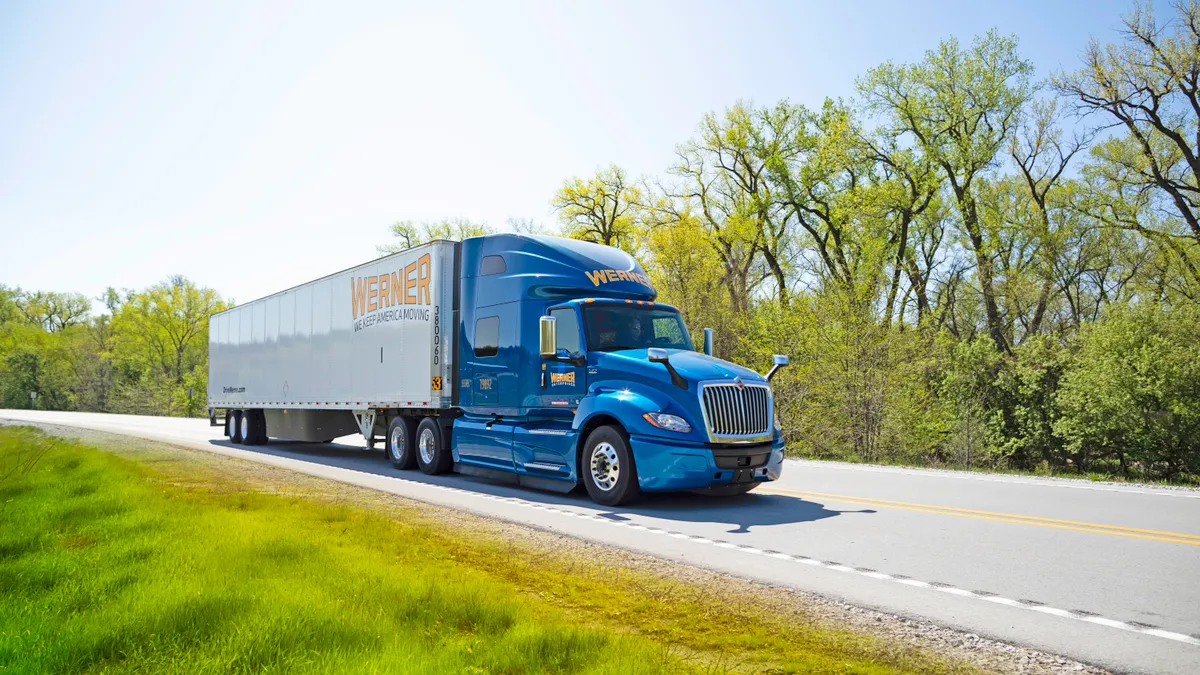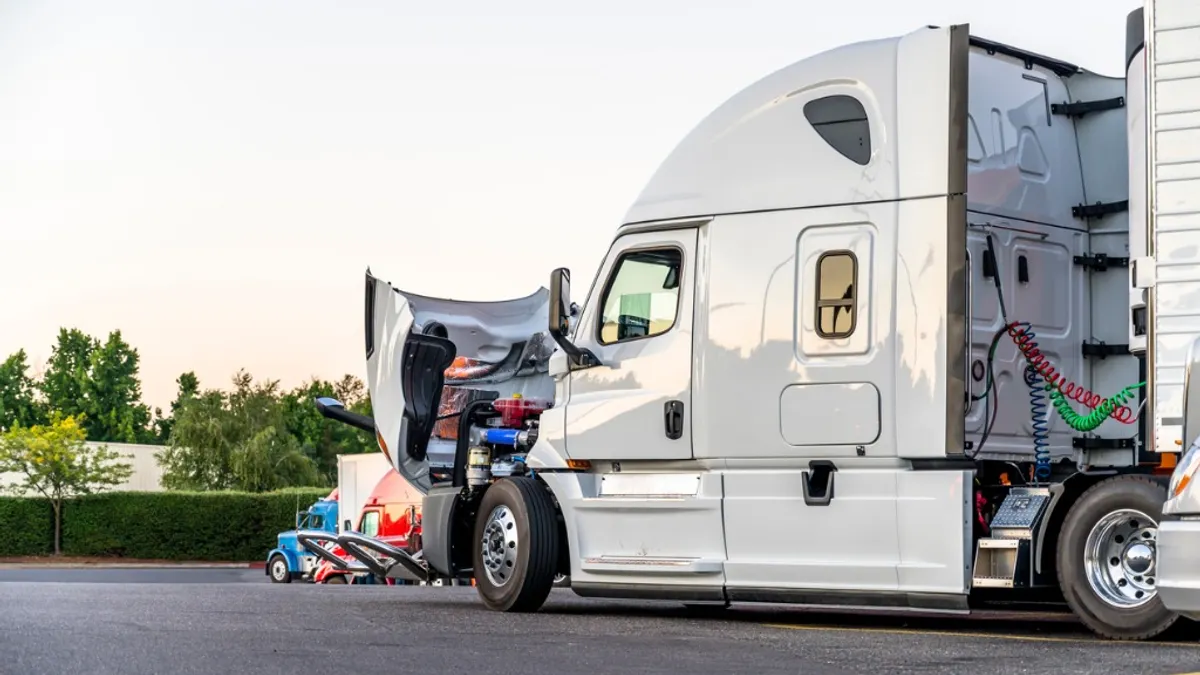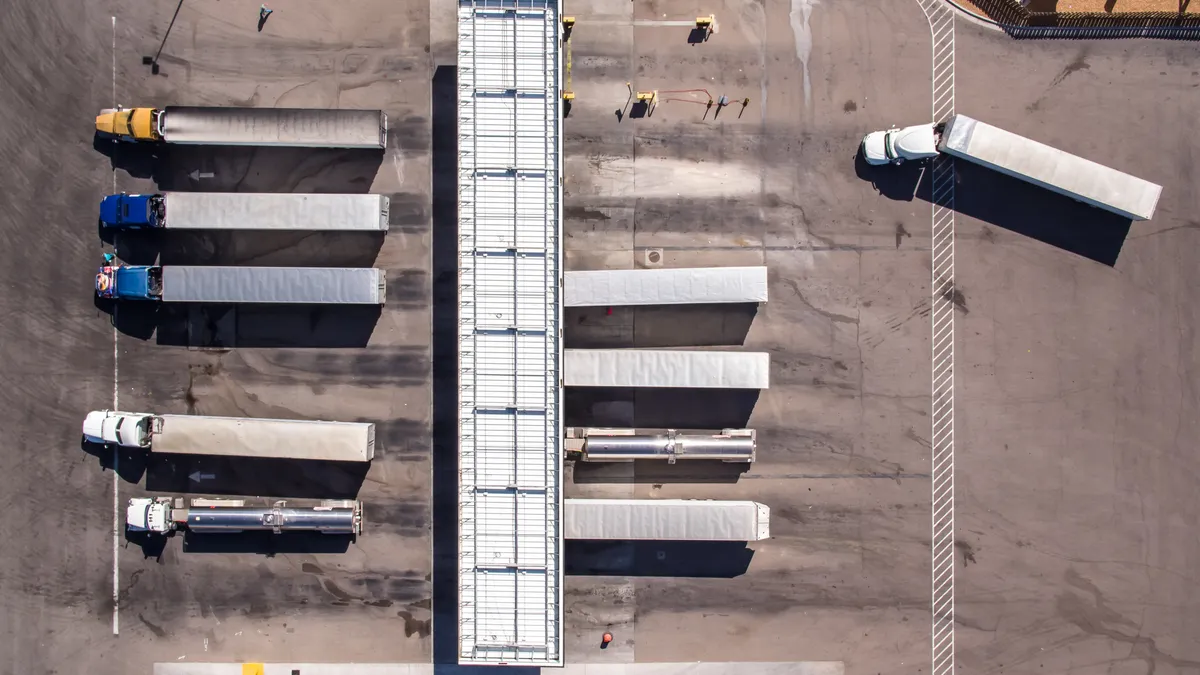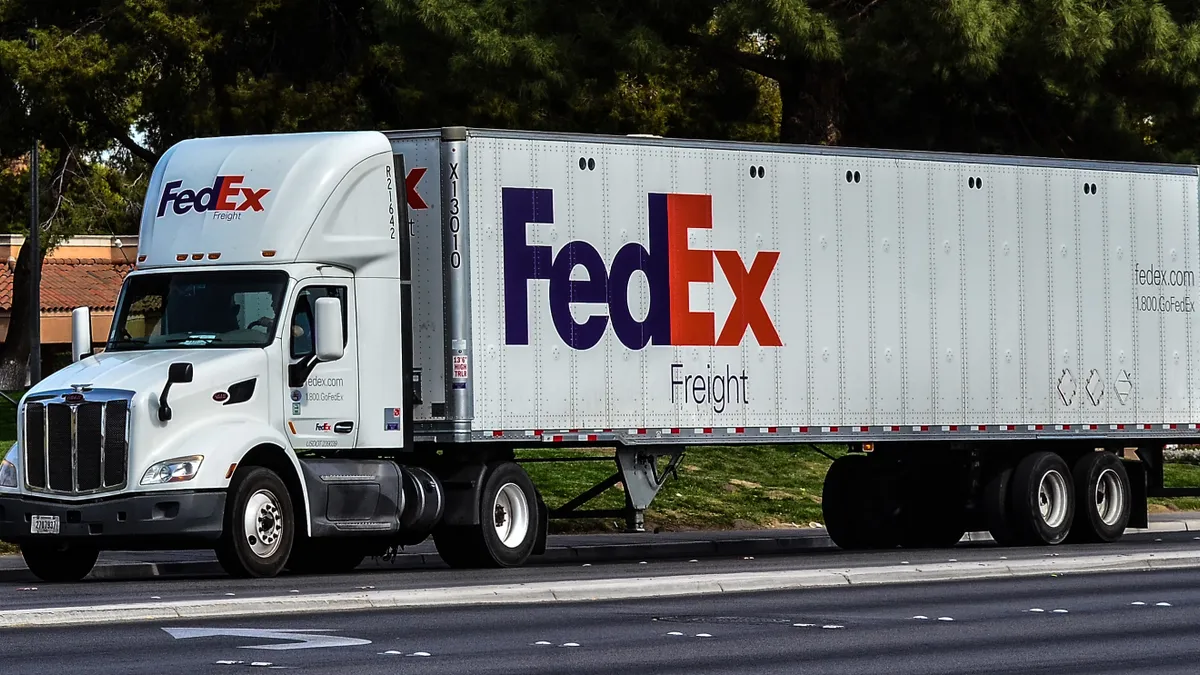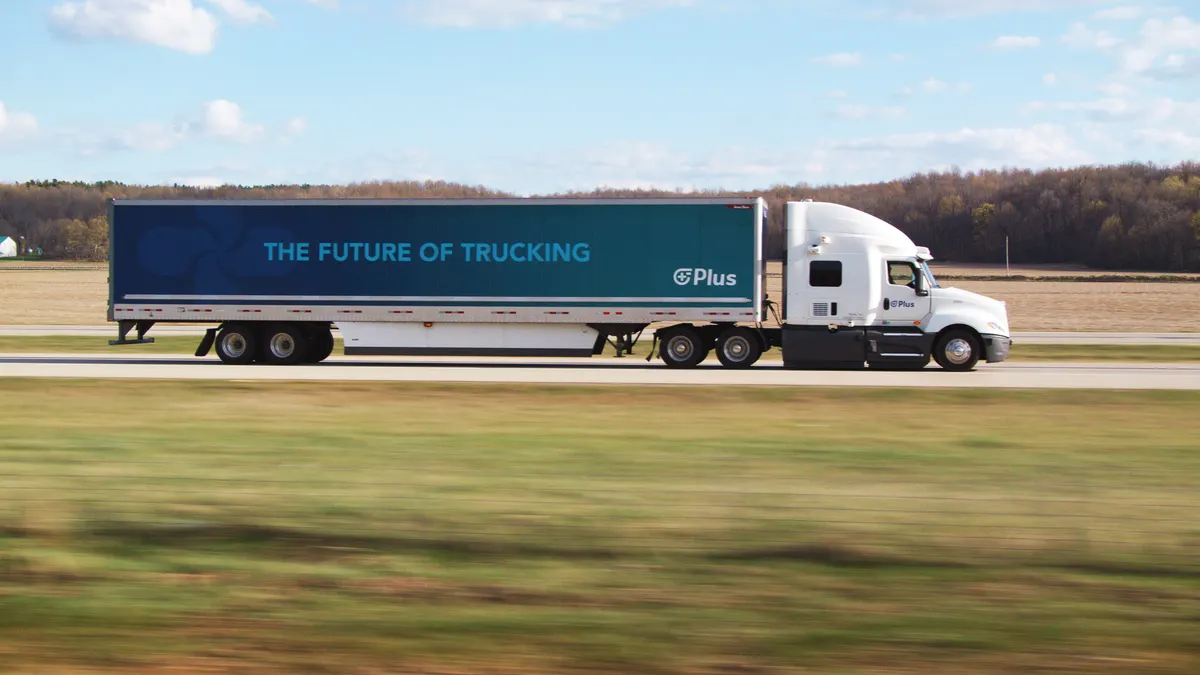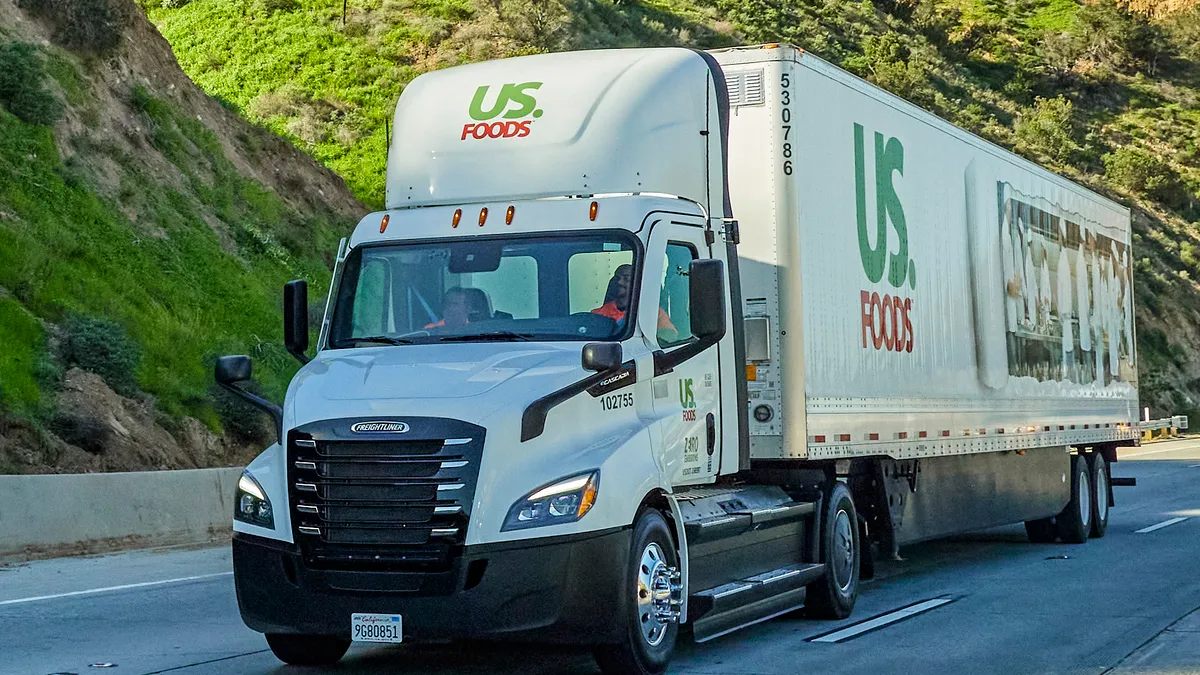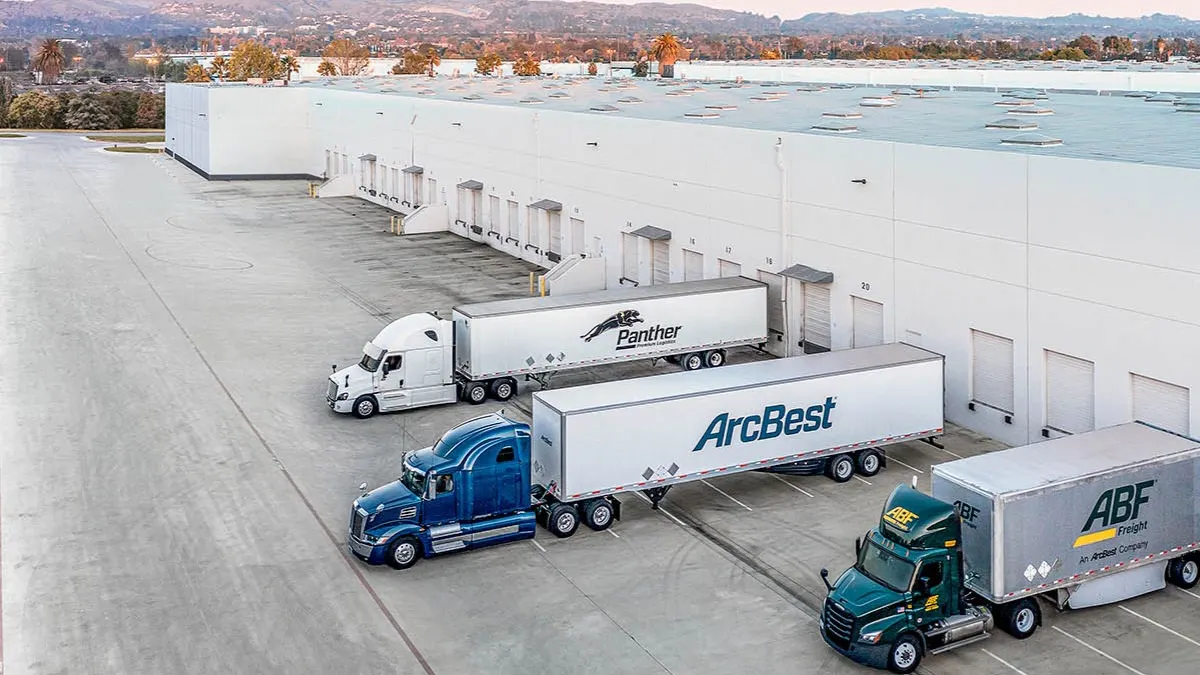This article is part of a series about how six big fleets are planning for a hot freight market in 2022. Click here to view the entire package.
In the years to come, Werner doesn't plan to stray far from its roots or massively overhaul its operating model. By many metrics, its strategy is working. Truckload haulage and dedicated services have thrived in recent months, and Werner's revenue grew nearly 20% YoY in Q3 2021.
But the carrier has identified a key cornerstone of its five-year plan: work with winners.
"It may sound harsh, but honestly, in order to support winners, we've got to be intentional about that," Werner CEO Derek Leathers said at the Stephens Annual Investment Conference in December.
Transport firms have the leverage to be selective about shippers in today's carrier market. They can afford to pick and choose the customers they believe will most benefit their businesses. In some cases, they have even had to turn away loads due to tight capacity.
So, what makes a winning shipper in Werner's view?
3 traits of the best-in-class shippers
Leathers laid out some of the key characteristics of what he and Werner consider "winning" customers, including having a focus on visibility and a long-term view of supply chain operations.
"Those are the folks we want to hitch the wagons to, so to speak," Leathers said.
They have strong sales
Almost 60% of Werner's top customers by revenue are shippers in retail, an industry that has proven to be a booster for trucking with annual sales growth of 16%.
But the pandemic had uneven effects on retailers. While some adapted and flourished in an e-commerce world, others got the short end of the stick. Work-from-home meant beauty retailers like Sephora and Ulta saw revenues dip, and so did department stores such as J.C. Penney and Nordstrom, according to the National Retail Federation. Meanwhile, sales thrived at furniture and home improvement stores, such as Wayfair and Lowe's.
In many cases, the ones that struggled pre-pandemic continued to struggle when COVID-19 brought store closures and a new era of shopping, and carriers hauling for weak retailers were exposed to their risks.
"We're going to find the folks that have winning models."

Derek Leathers
CEO of Werner
Winning customers' "sales are way better than less successful companies," Leathers said. Plus, they're more resilient and less at the mercy of market swings. In a July 2021 business update, Werner noted winning companies are often "cycle proof."
About half of Werner's total revenue comes from its top 10 customers, the business update stated. A further focus on the highest-grossing companies could grow that percentage.
They see the supply chain as a competitive advantage
The best retailers across the U.S. view their supply chains "as part of what makes it possible to win," Leathers said at the Stephens conference.
Focus on and investment in supply chains are among the key trends analysts predict for the retail sector this year, given the constraints and congestion retailers experienced in 2021 and the first month of 2022.
That focus on supply chain correlates to an importance placed on related services that a transport firm such as Werner would offer, including service, freight visibility and capacity growth.
On the flip side, retailers struggling financially often see their supply chain as a cost center, rather than a competitive advantage, he added.
"It's going to come ultimately to their own detriment," Leathers said. "But we won't be around for that to happen, because we're going to find the folks that have winning models."
They take asset productivity seriously
Leathers said he's seen productivity and asset turns decline across customer facilities.
It's a sentiment other trucking executives have also expressed, particularly in a market where tractors and trailers are in high demand and short supply.
"We've got more trailers tied up in these detention situations than I've ever seen," Yellow CEO Darren Hawkins said at the Council of Supply Chain Management Professionals Edge 2021 conference in Atlanta.
For Werner, its most-valued shippers are the ones that work to speed equipment turns, through staffing and technology at facilities.
"Those customers that take [asset turns] seriously and really lean into it are going to find carriers like Werner further leaning into them," Leathers said.
Werner and its customers have also made use of trailer pools to avoid live loading trailers. Leathers said the pools allow more flexibility for carriers and more efficient asset use. It's also a strategy that's gained traction across the trucking industry, with companies such as Knight-Swift, Schneider and Uber Freight leaning in to trailer pools.
Shippers seek winning carriers
Aligning with winners is a two-way street. Shippers have sought closer partnerships and dedicated contracts in a tight transportation market.
Carriers have responded by leaning into dedicated operations and growing those services organically or through acquisition.
"You run the business based on decades of relationships," Leathers said. "We're excited about the folks that we're with. We want to stay and grow with them, and we want to support them with their plans to win."


